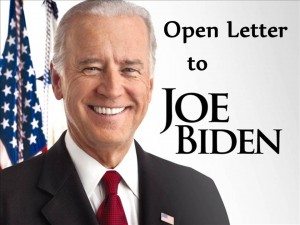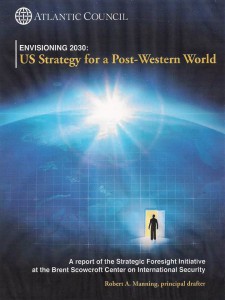NUCLEAR FAMINE: A BILLION PEOPLE AT RISK
Global Impacts of Limited Nuclear War on Agriculture, Food Supplies, and Human Nutrition
Ira Helfand, MD
International Physicians for the Prevention of Nuclear War
Physicians for Social Responsibility
Credits and Acknowledgements
The publication of this briefing paper was made possible
thanks to the generous financial support of the Swiss Federal
Department of Foreign Affairs.
Executive Summary
Over the last several years, a number of studies have shown that a limited, regional nuclear war between India and Pakistan would cause significant climate disruption worldwide.
Two studies published this year examine the impact on agricultural output that would result from this climate disruption. In the US, corn production would decline by an average of 10% for an entire decade, with the most severe decline, about 20% in year 5. There would be a similar decline in soybean production, with, again, the most severe loss, about 20%, in year 5.
A second study found a significant decline in Chinese middle season rice production. During the first 4 years, rice production would decline by an average of 21%; over the next 6 years the decline would average 10%.
Continue reading “Reference: NUCLEAR FAMINE – A BILLION PEOPLE AT RISK Global Impacts of Limited Nuclear War on Agriculture, Food Supplies, and Human Nutrition + Eugenics RECAP”




